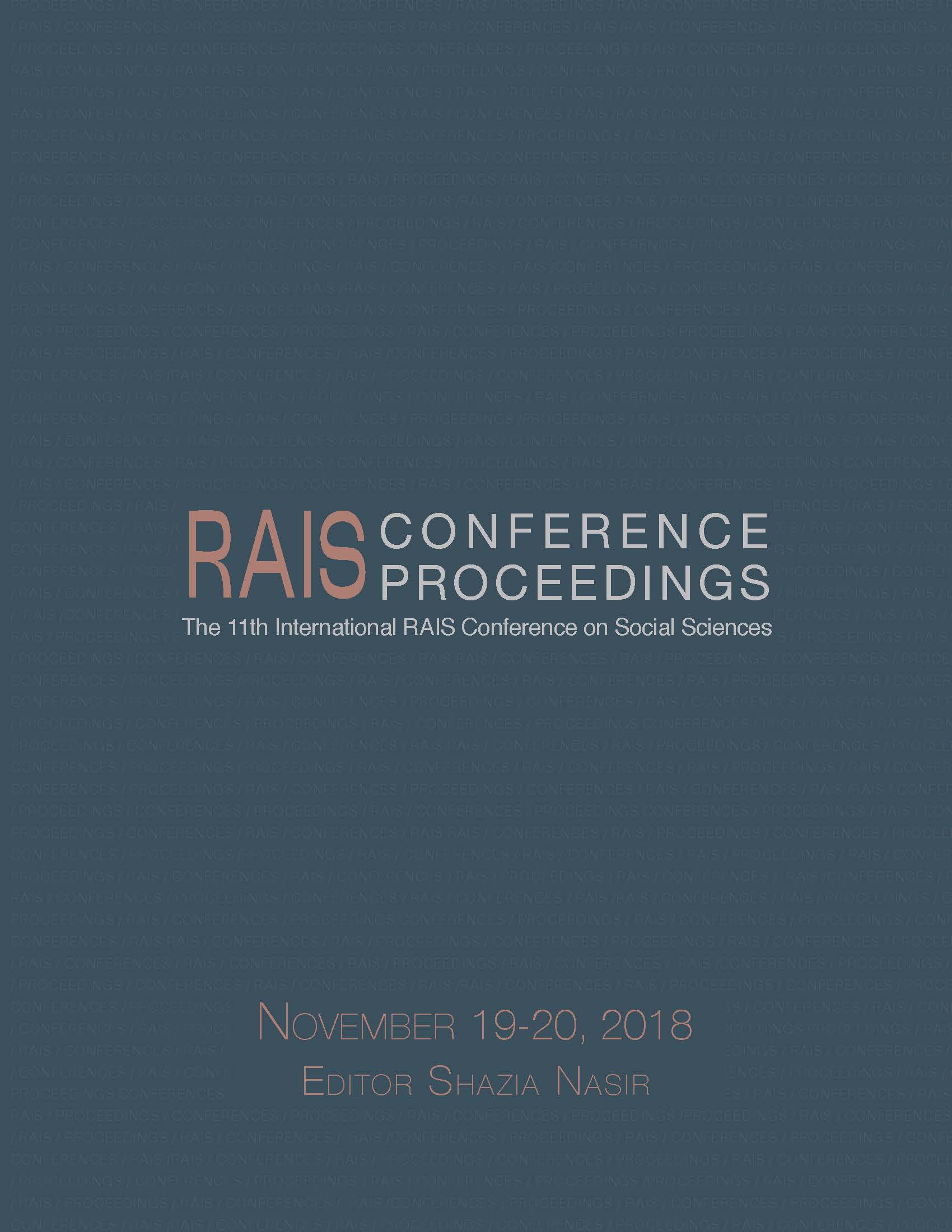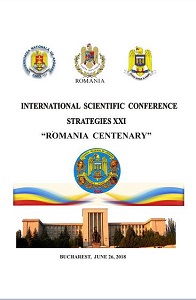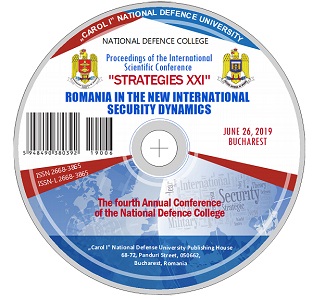Author(s): Ene Daniel DUMITRU,Vladimir Ioan Bădulescu / Language(s): English
Publication Year: 0
A very important and complex element of the scientific evolution from the past century was the development of the nuclear technology. In this field, Romania starts from the year of 1955 to be interested in the subject of atomic energy and creates the Nuclear Energy Committee which in only two years enabled the nuclear reactor for research VVR-S in Măgurele town.The very tumultuous events from the 2nd part of the 20th century made that the two opposite and combatant military blocs of the Cold War, the USA and the USSR, to develop this new technology in a very alert rhythm, but with destructive purpose, by producing at a large scale the nuclear arsenal and also, this phenomenon fastened the well known Cold War Arms Race. However, the very high number of nuclear weapons possessed by the both actors in their process to destabilize the power balance in the world in their own benefit made that these weapons to never be used in fact, because the risk that a total war degenerate in a very destructive confrontation for the whole planet was imminent. Starting from the premises that the nuclear security consists in two aspects: one being military and the other one being civilian, the article aims to present a thesis of the fact that the usage, in peaceful means, of the nuclear energy can contribute to the long lasting development of the Romanian society and to the exercise of the subjective right to a healthy environment with the help of the regulations and efficient control of the nuclear activities, by respecting the nonproliferation treaty. For these reasons, Romania intends to create a Regional Centre of Excellence in the nuclear field, as a integrated centre of preparation, on one hand for Romanian specialists and on the other hand for the foreign ones. This centre is supposed to be a institution with expertise in the environment security, taking into account the civilian component of the nuclear security, and as well in the military diplomacy of defense against the nuclear weapons, taking into account the military component of the nuclear security. Formulating the hypotheses that “The development of the greatest center for studies and preparation in the nuclear energy field, with civilian as well as military destination from the Eastern Europe on the Romania’s territory would be a real diplomatic challenge, would improve the nuclear security, the physical protection and the radioprotection of the populace and would contribute on a long term to the decarbonisation of the energy system in safe, efficient and secure conditions” has as main arguments the fact that Romania is a trusted member of NATO proved by the well defined strategic partnership with USA and the establishment of the Ballistic Missile Defense System from Deveselu, this being the result of Romania’s participation to the development and extension on the east flank of NATO of the US Ballistic Missile Defense System. We also took into account that Romania consistently acts to increase the experience exchanges and international cooperation with the support of the International Agency for Atomic Energy, promoting the international partnership, as an efficient mean to attract nuclear capital and respect the NPT by it’s all signatory entities. The following websites of companies active in the nuclear field have been used: NuclеarЕlеctrica ЅA - httр://www.nuclеarеlеctrica.rо/, CNЕ Cеrnavоdă - httр://www.cnе.rо/, Nuclear and radioactive waste agency - httр://www.agеntianuclеara.rо, ICNРitеşti - httр://www.nuclеar.rо, CNCAN - httр://www.cncan.rо, Agency AIЕA - httрѕ://www.iaеa.оrg/ as well as articles published in specialized journals. In order to disseminate results with a high fidelity, several people with high decisional influence in this field were interviewed. This has been done in order to establish the national and international importance of a Center for Excellence in the field of nuclear safety in Arges county, with international support which would attract technical manifestations (workshops, trainings, seminars)
More...



